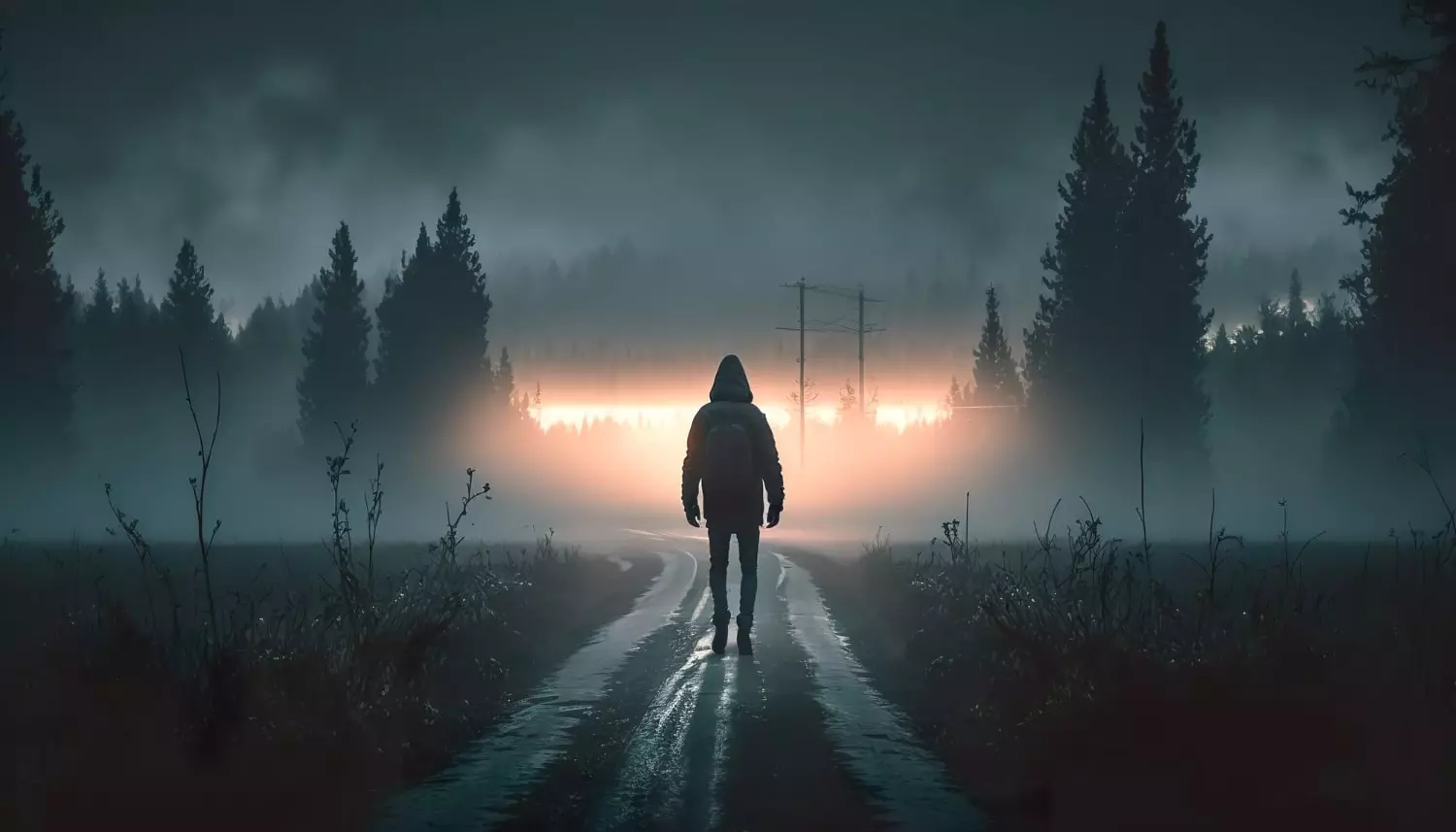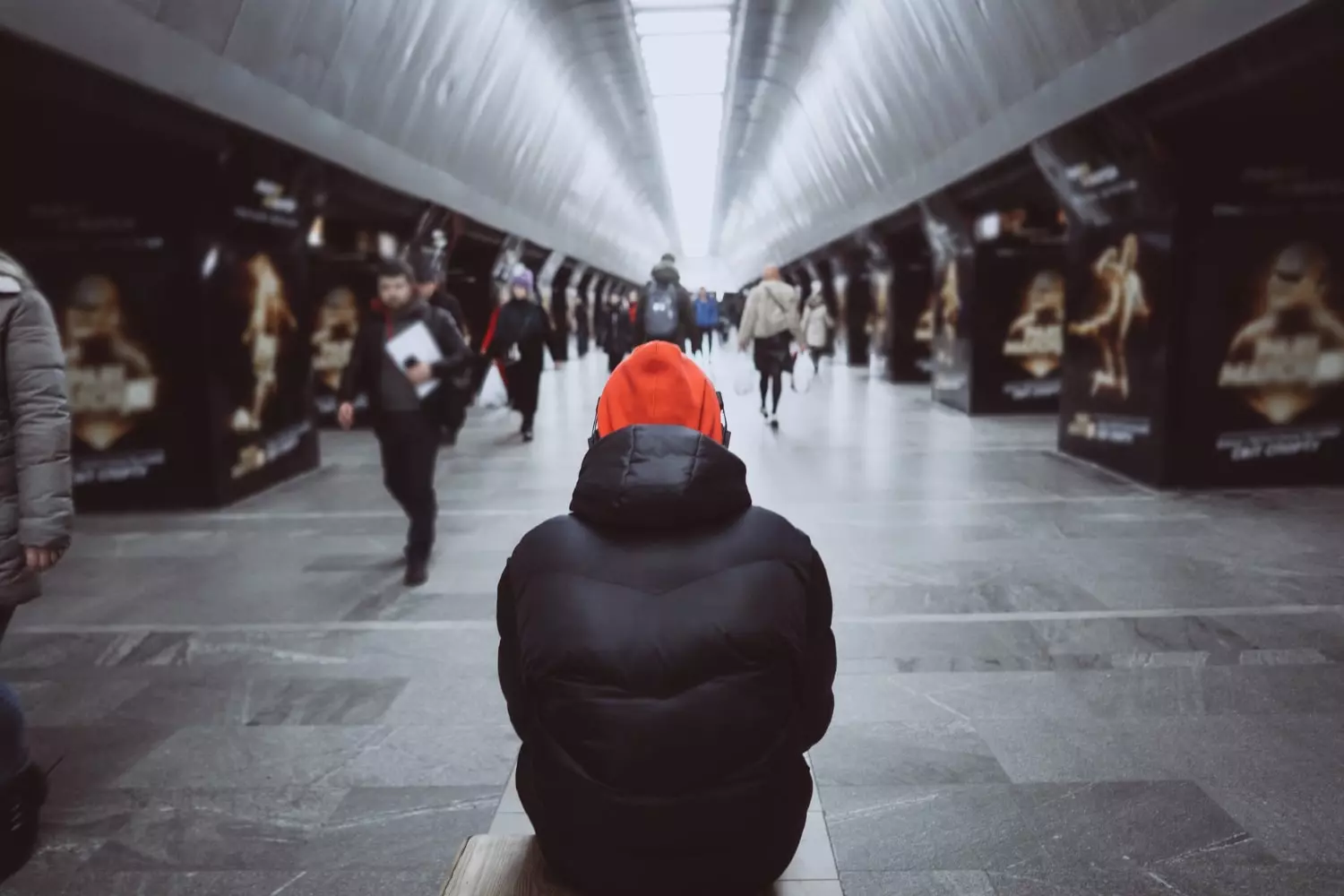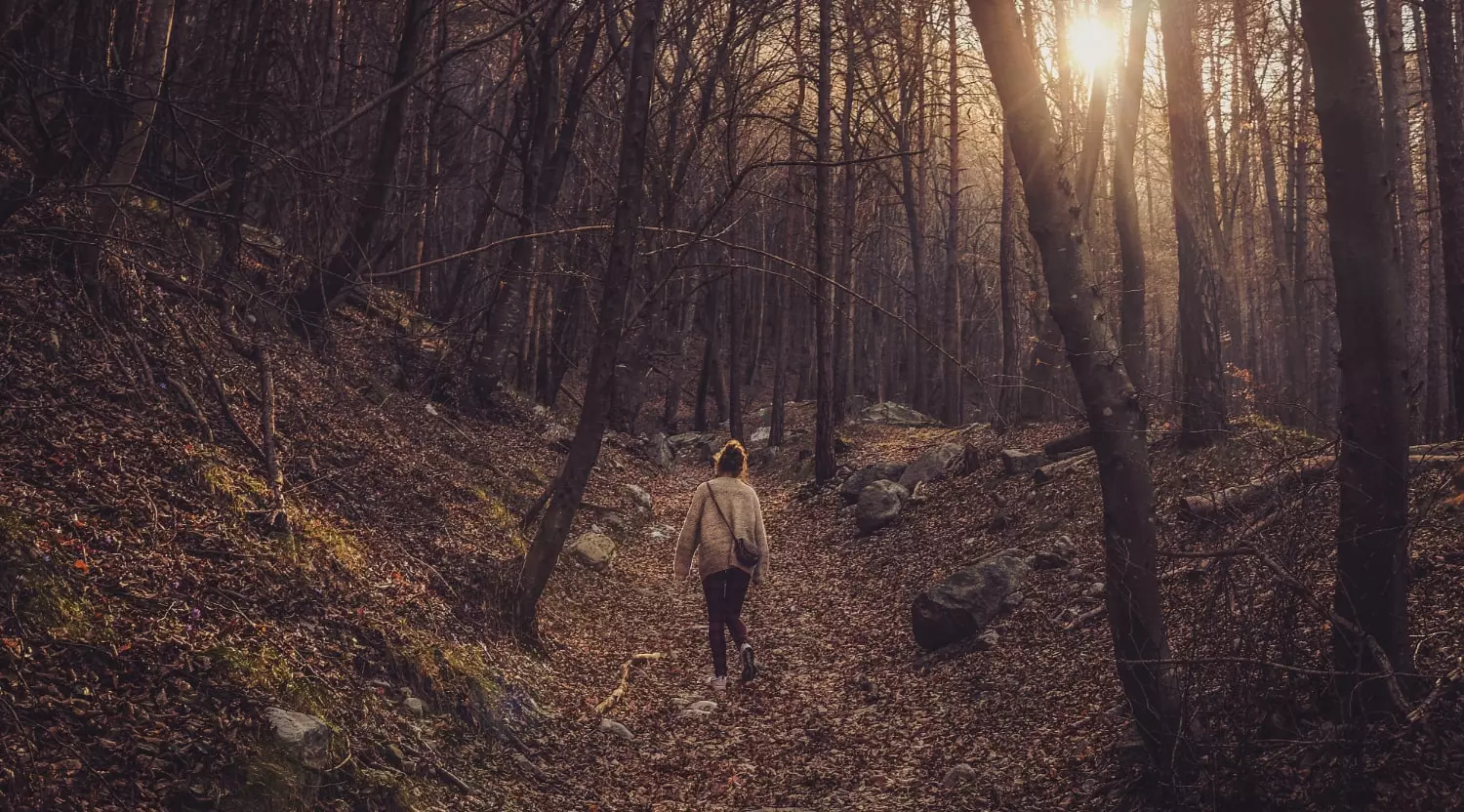What Is Mazeophobia?
The emotional discomfort of being present in an undesirable or unfamiliar environment is the root cause of mazeophobia, the medical term for the dread of becoming lost.
Mazeophobia Origins:
Many things might make fear of being lost a source of worry. It can involve a sense of helplessness and ambiguity, in addition to the worry that we won’t be able to return to safety.

No medical vocabulary or psychology textbooks have yet to recognize mazeophobia. Patients can, however, get therapies like cognitive behavioral therapy or comprehensive desensitization. Patients are exposed to painful or difficult circumstances as part of the process, which analyses the negative ideas and aids in letting patients perceive things more gradually by taking “baby steps.”
Statistics For Mazeophobia:
According to the study, 24% of participants indicated they are afraid of being lost in strange places, and 46% said that the experience of becoming lost is unpleasant.
On the other hand, just 11% of people were aware that mazeophobia was the fear of becoming lost. More than 46% of respondents admitted to having a fear of getting lost in an unknown place.
Fear Of Being Lost In A Crowd:
The dread of crowds is referred to as enchlophobia. Not everyone who experiences anxiety in a crowd has enochlophobia. Instead, this phobia comprises excessively illogical behaviors and thoughts compared to the danger at hand.
To put it another way, if you suffer from enochlophobia, you find it difficult to understand and control your fear of being lost in a crowd. You could even have reached the point where you entirely avoid gatherings of people or locations where you anticipate crowds.
Additionally, you most likely have severe physical, cognitive, and behavioral symptoms that you feel unable to control your fear of mazes if you do become stuck in a crowded environment.

Here are a few of these elements:
- Being hurt or stuck at a performance, for example, while suffering trauma.
- Observing another person suffer trauma in a group (such as seeing someone else get hurt or detained in a group).
- Getting separated from parents or fear of getting lost in a crowd as a young child.
- A propensity for negative thinking or excessive concern.
- Being raised by overly protective parents.
- An inherited predisposition.
Ideas for Self-Help Coping
What are some self-help options for mazeophobia? You can use a number of techniques to try to overcome your aversion to crowds:
- Break the negative link by associating crowds with something pleasant (e.g., go see your favorite musical artist or a fun movie).
- Recognize the characteristics of a steady crowd and an unstable crowd. Crowds are often only harmful if they become an insane mob, which frequently occurs when they are heading in the direction of something they desire (such as a shopping event, approaching a venue, etc.).
- Your fear of getting lost could be reduced if you are capable of staying away from risky crowds and realize that the majority of crowds are safe.
- If you want to feel certain that you can leave if required, have an escape plan, or stand on the margins of a throng.
- Move alongside the crowd if it begins to move, rather than attempting to leave in the opposite direction or pushing against it.
- Make careful to approach anxiety-provoking events gradually and build up to them. Bring a trusted companion if you think it would be beneficial for you.
- Select a person who will accept you as you are and not pass judgment if you need to leave.
- Pick times to travel when there won’t be many people around, such as shopping after hours or avoiding major discounts.
- If you do notice that the fear of being lost is not taking control, focus on breathing deep breaths.
- If you discover yourself in a group, distract your attention by doing other activities, such as using headphones to listen to music.
- To increase your tolerance for fear of mazes while discovering how to calm your mind, practice meditation every day.
- Keep a notebook to record your stress and anxiousness patterns, as well as any triggers you observe that make your symptoms worse.
Fear Of Being Lost In The Woods:
An unreasonable dread of woody regions is known as xylophobia. It’s also referred to as hylophobia which is quite different from mazeophobia. While some people report feeling more fear of mazes at night than during the day, others report feeling dread at all times. Xylophobia can develop alone or in conjunction with other phobias, including a fear of animals.

Fear Of Being Lost In A Store:
You’ve always wanted to travel, but you’re frightened of mazeophobia, so you’ve turned down all of your family and friends’ great trip invitations. Do you feel uncertain and uneasy even at the mere prospect of going to a store alone?
You constantly demonstrate to yourself how you are unable to go from your home to a store with ease because you always fear of being lost when you are in a strange area. Create a map of your store since you have a GPS. Get quite familiar with your destination.
Conclusion:
Make landmarks of particular locations. Choose landmarks that have personal significance for you, such as a grocery store, a petrol station, a business, a house, an intersection, etc. You’ll feel more at ease as a result of this. Allow lots of time to get where you’re going. Keep your worry at bay by using landmarks.
You may travel wherever, whenever you want if you follow these recommendations since you won’t be frightened any longer. The freedom you’ve accepted makes you feel as though you are floating like an eagle. You have overcome your fear of getting lost, so you no longer worry about it.
FAQS:
Where does the fear of getting lost come from:
Losing your way can also be connected to unpleasant previous events, such as becoming lost as a youngster or being stranded in a challenging circumstance. The dread of the uncertainty and the risks that can be encountered in an unfamiliar environment can also be a crucial factor.
What is the fear of mazes called?
The fear of mazes is called mazeophobia.

